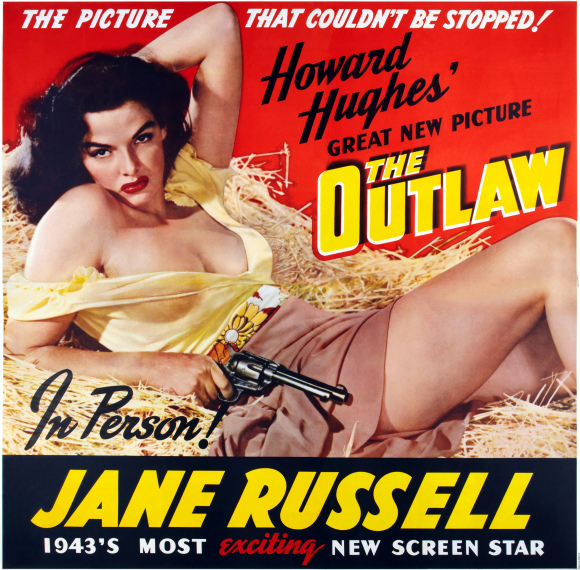How do you kill a ghost?
That’s what’s circulating on the desert-like plains of my bones. A dark shadow. A deadly whisper. Of course, we’ve given it a different name: cancer. I want to give it a human name: NED – short for No Evidence of Disease. According to my lastest scans Ned has decided that my bones are a great place to stretch out and settle in. I want to evict Ned. I’m just not sure how.
My doctor wants to use a flame-thrower, torch the chain-rattling wraith. He’s not concerned about how it will scorch my foundation. How it will char me with maiming, life-altering side effects just to push Ned into a corner and hope he quiets down for a bit.
He doesn’t call it a flame-thrower. He calls it “treatment.” One of the drugs will go in and turn off Ned’s interior switches along some path called M-tor. The hope is to make Ned curl up in a fetal position. We already know Ned isn’t going to leave. That option isn’t even on the table.
The drug is called Everolimus. WebMD lists a number of body-damaging side effects such as kidney failure, lung scarring, mouth sores, nose bleeds, diarrhea, dizziness, headaches, weight loss, hair loss, mood swings. It could raise my blood sugar levels making me diabetic. It could raise my cholesterol. It can increase my risk for infections, maybe even lead to a rare brain infection. WebMD tells me that “Many people using this medication have serious side effects. However, your doctor has prescribed this drug because he or she has judged that the benefit to you is greater than the risk of side effects.”
Really? Just to keep a ghost quiet?
My doctor tells me I am out of easy choices and a large tree has fallen across the path I’d chosen – clinical trials.
In the alluring world of clinical trials, I’d have Ned retested and researchers would comb it for genetic mutations and proteins. These are like locks that the cancer cells keep hidden from key-carrying, immune-fighting T-Cells. New drugs, called immunotherapy, look to decloak those locks, clean them up a bit and add keys to the T-cell’s key chain so they can find their way into the cancer cells and kill them. Once they’ve killed one cell, they’ll remember how to kill the next, so I won’t have to keep taking the drugs. My immune system will take over and do its job.
Simple right? Bye, bye Ned.
Except that Ned haunts my bones and for some strange reason bone “lesions” don’t qualify as tumors. They can’t be biopsied the same way cancer in my liver or lungs can. And so my options are limited.
My doctor tells me they’re limited only to outmoded flame-thrower treatments. Treatments that won’t kill Ned, only keep him quiet for a short time – if I’m lucky. My doctor has a handful of flame-thrower treatment options for me. We both know they won’t last long, particularly at the rate I’m going through them. This will be my third drug change in 18 months. In another 18 months to two years, I’ll be out options. My doctor has outlawed hope that there will be anything else for me by then.
I haven’t been dissuaded from the Holy Grail of immunotherapy. I’m willing to sustain the side effects the trials will ask of me. I know they’ll be short-lived. Yes, an amped up immune system can also do body-scarring damage, but researchers say it’s not permanent. The immune system can be held in check with steroids until it finds its rhythm and goes only after the cancer cells. It won’t be fun. But it holds the promise of exorcising Ned permanently.
Except now I’m in double jeopardy because I’ve chosen to become an outlaw of hope in my quest to rid myself of Ned. To do that, I need to shed both cancer cells and a doctor. And that feels lonely, betrayed, abandoned and on the brink of despair when I really need my strength for other things.
I’ve started calling on the clinical trials I’ve found for myself. Ones that don’t require a “measurable” tumor. I found one that I seemed to qualify for only to find that a biopsy of Ned living on my bones won’t work. Ned has to move to my liver or lungs or…let’s just say, Ned has to stretch out quite a bit more.
The clinical trial people I’ve spoken to have been far more upbeat. They’re more eager to welcome an outlaw of hope even if they don’t have an answer. They invite me to make an appointment and let one of their doctors help me find the right path. And even thought it’s not an answer, it’s hope, which is like gold to an outlaw like myself.
I understand there might not be a clinical trial open to me today. That I may have to wait a bit for the tree that’s fallen across my path to be cleared. But I also know if I’m at a research hospital – like MD Anderson or University of Pennsylvania or Memorial Sloan Kettering or even Dana Farber – I’ll be like Cindy Lou Who from Dr. Seuss’s Horton Hears a Who. That small voice that when added to a chorus of other Outlaws of Hope on the planet will finally be heard. And maybe our life sentences will be commuted. Maybe we’ll find a way to kill the ghost.



